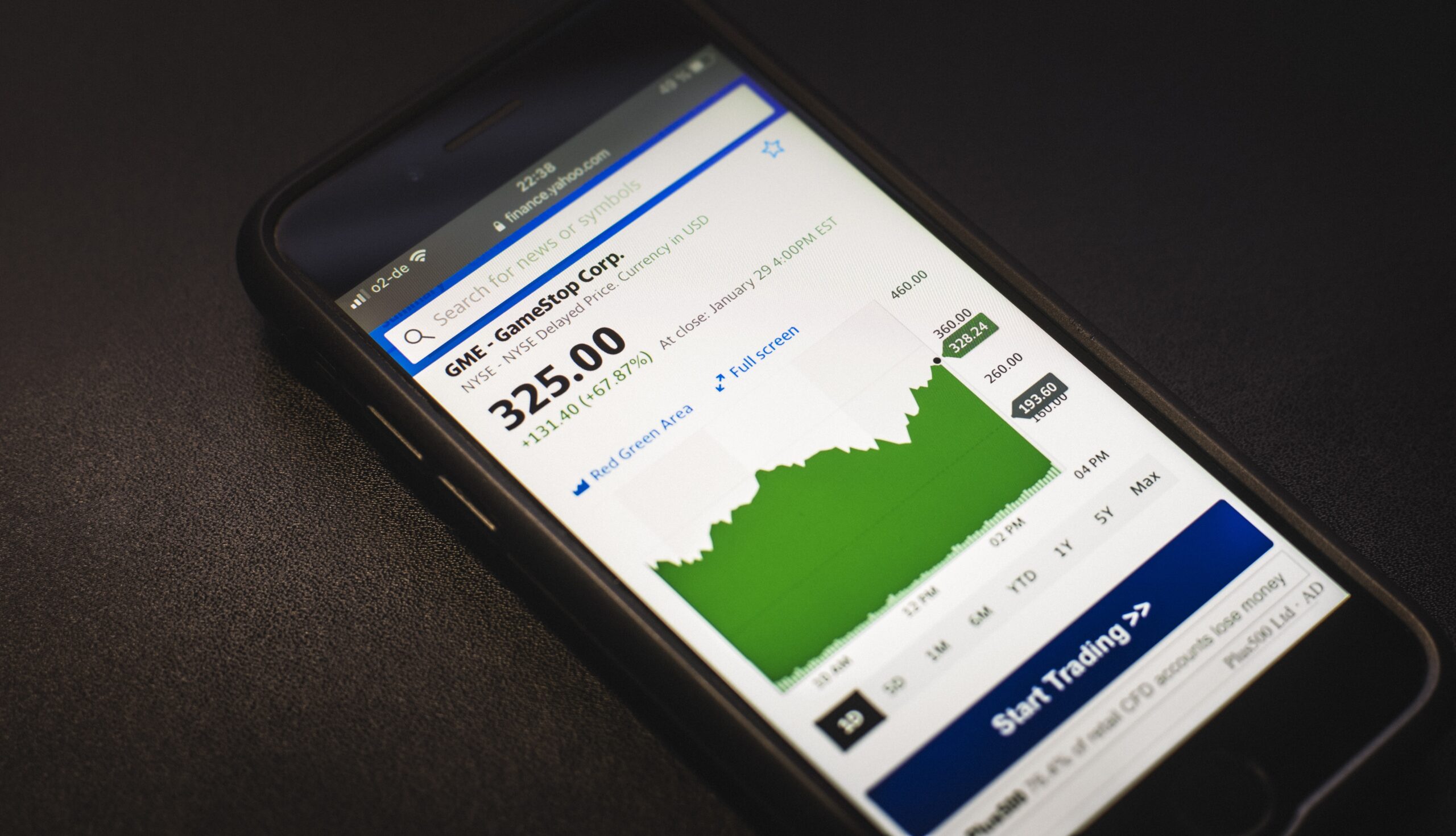The past year has seen a large increase in the number of small investors taking advantage of low and zero-fee trading platforms like Robinhood, eToro, and Freetrade. Partially fueled by pandemic lockdowns, the rise in these platforms is being seen both as an “investment for the masses opportunity” and as a threat to existing stockbrokers and their business models.
With just a few dollars and access to the internet, many people who had never previously considered stock market investing are now taking advantage of the ease of use and nearly zero transaction fees these platforms offer.
The rise in registered customers using these platforms has been meteoric over the past year.
Some industry insiders have argued that this is neither good for the markets, nor for the people investing, who often have little or no understanding of the mechanisms behind stock market investing.
Unsurprisingly, the companies behind the apps argue differently. Alan Dodds, CEO of Freetrade thinks that this new wave of investors is good for participants and the market as a whole – “I compare it to eating healthy or working out. It’s a healthy habit”, he said recently.
Freetrade has certainly benefited from this rush of new investors. Throughout 2020, it grew its user base from 50,000 in January to 300,000 by December, a six-fold increase. Other platforms have also fared well. Robinhood grew its user base by 30% with an additional 3 million users signing up in 2020. eToro added 5 million users over the same period, a rise of 40%.
The argument against Share Trading Apps
Not everyone agrees that this rise is “healthy.” One critic of this wave of new investors is Professor Constantin Gurdgiev, of Trinity College in Dublin. He says that inexperienced investors are failing to look at the bigger picture and are being too easily swayed by what is being said on social media and online discussion forums.
Professor Gurdgiev says that many of these investors are investing solely on the premise of “a fear of missing out.” He states that inexperienced investors are easily persuaded to trade more than is necessary, often joining a herd of investors in piling too much into shares that are already overvalued.
He also worries that for many, trading can become addictive, “akin to a gambling addiction.”
Speaking to the BBC he said – “Research shows that enhanced access to trading, and the perception of the lower cost that these platforms offer, leads to excessive risk-taking and over-trading by retail investors.”
How share-trading apps make money
With many of the market-leading apps charging zero commission on trades, the method that they use to make their profits has also attracted criticism. Many of them make money using a process called “payment for order flow.”
This process involves platforms selling their orders to larger “Market Maker” firms. These firms pay a small fee (usually no more than a cent per share). While this mechanism allows the zero-fee model to work for the platforms, it also acts as a large incentive to get their investors to trade more actively. Basically, the more transactions a user instigates, the more money the app makes.
This process is already barred in countries including Canada and the UK, where the apps have to rely on persuading investors to upgrade from the free app to a premium version with enhanced features.
The US may also follow suit, as the practice is currently under review by the Securities and Exchange Commissioner. The body is also looking at whether such apps are encouraging overtrading with tools that include push prompts to mobile devices and email alerts.
No matter what the result of this review is, there is no doubt that the floodgates are open and are going to be difficult to shut. Share apps and the democratization of trading are here to stay.
